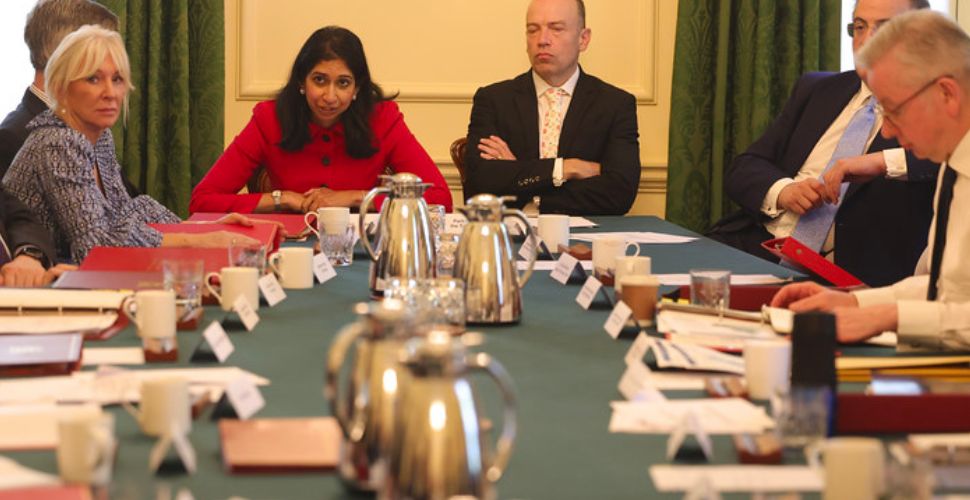The U.K. government is attempting to weaken protections for modern slavery victims while failing to appoint a new Independent Anti-Slavery Commissioner (IASC).
Although the home secretary is legally obliged to recruit an anti-slavery watchdog, the position has been vacant since April 2022.
As a result, there has been no official scrutiny of the government’s controversial plans to make it harder for potential victims to access support.
Protections at risk while the post lies vacant
In the eight months without a commissioner, the government has announced its intention to revise existing modern slavery legislation. Prime Minister Rishi Sunak told parliament the government would “significantly raise the threshold someone must meet to be considered a modern slave”.
The home secretary Suella Braverman has justified plans with repeated claims that current laws are being “gamed” by migrants arriving in small boats via the English Channel, despite the Office for Statistics Regulation stating that available data does not support these claims.
United Nations experts have warned that the government’s proposal could make it harder for victims to be identified and receive protections.
Maya Esslemont, director of U.K. charity After Exploitation told The Independent:
It is not acceptable for ministers to announce policies which would further restrict support for victims, at a time when a key source of accountability is absent from the debate and unable to advocate for those affected.
Parliament takes matters into its own hands
Concerned by the government’s actions, the Liberal Democrat party tabled a bill on January 12 that would give parliament the power to appoint an IASC if the position is left unfilled for three months or longer.
The party’s home affairs spokesperson, Alistair Carmichael, told The Independent:
By refusing to appoint a new anti-slavery commissioner while cases soar, this government is shutting down scrutiny. It’s a deeply cynical move as they act to weaken protections for modern slavery victims at the very same time.
Freedom United supports calls for the U.K. government to urgently appoint a credible Independent Anti-Slavery Commissioner (IASC).
Join the campaign
The U.K. government is one of many around the world using anti-trafficking rhetoric to promote support for harmful immigration policies that instead increase trafficking risks and undermine trafficking victims’ rights.
The Freedom United community is raising awareness of how hostile immigration policies perpetuate modern slavery and calling for governments to implement legislation which truly reduces exploitation.







Freedom United is interested in hearing from our community and welcomes relevant, informed comments, advice, and insights that advance the conversation around our campaigns and advocacy. We value inclusivity and respect within our community. To be approved, your comments should be civil.
Many ancestors of Tory politicians made a fortune out of historic slavery.. Perhaps that explains their reluctance to do anything about modern slavery.
Human rights and protection of these for all humans.
Worldwide.
No exceptions.